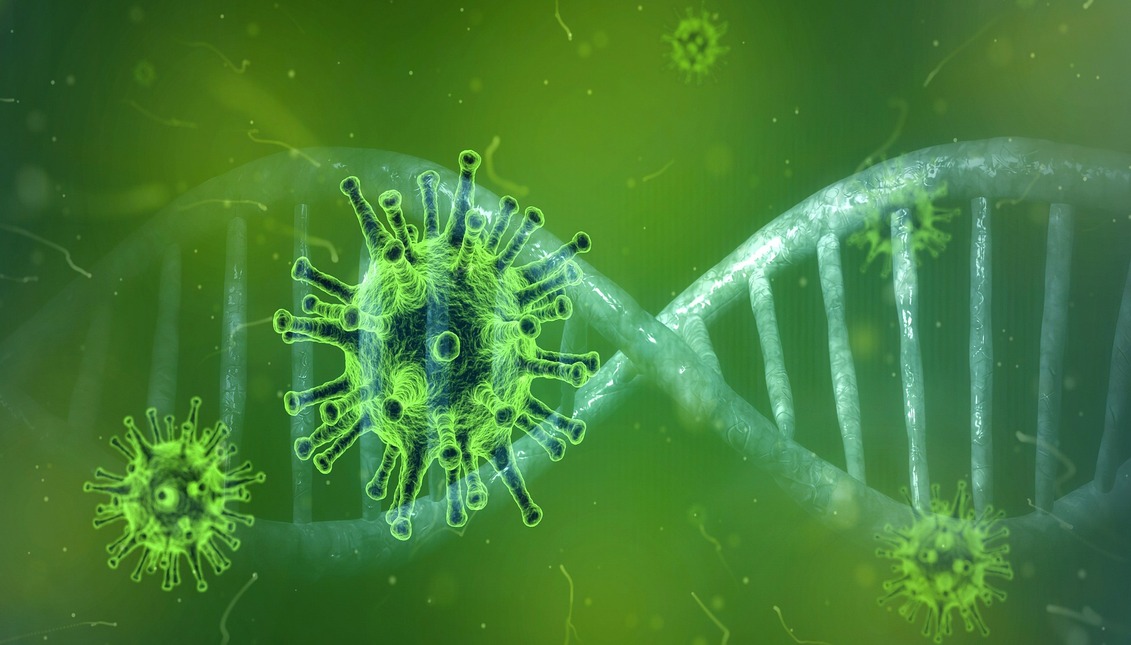
What are Omicron's symptoms?
Once again confined cities, closures, and restrictions are making headlines with the new variant of COVID-19 making rounds and increasing cases in Europe.
Taking London as an example — one of the cities hardest hit by the new Omicron variant, and using it as a reference, the ZOE COVID study investigated the differences between this new dominant strain and the one that was before it, Delta. Some of the predominant symptoms have been identified, and some are different from the original COVID-19.
Although it is too early to accurately determine everything related to Omicron, especially since the symptoms and severity can vary depending on the region, experts have already been able to discover characteristics that differentiate this variant from others. Also, this strain is considered more transmissible and infectious than its predecessors, so it should not be underestimated.
Some of the symptoms that have already been identified and associated with the variant do not differ from those that accompany a common cold, so they could be confused with those of a temporary illness, especially in people who have already been vaccinated.
According to the World Health Organization (WHO), almost 90% of people confirmed with Omicron in Europe reported symptoms similar to other variants, such as cough, sore throat, and fever.
Omicron is a variant of the virus that causes #COVID19. To protect yourself and others:
— World Health Organization (WHO) (@WHO) December 20, 2021
Get vaccinated as soon as it's your turn
#WearAMask
Keep physical distance and avoid crowds
Open windows
Cough/sneeze into your elbow
Clean your hands
The ZOE COVID, which analyzed thousands of symptoms associated with the coronavirus in Britain, noted that the top five are:
RELATED CONTENT
- Runny nose
- Headache
- Fatigue (moderate or severe)
- Sneezing
- Throat pain
Collaborators reports also identified loss of appetite and mental confusion as common signs.
For their part, about half of those surveyed by the platform experienced the three classic symptoms — fever, cough, and loss of smell or taste. The patients were vaccinated and did not experience serious conditions or require hospitalization.
The issue of symptoms has been the subject of discussion between the scientific community and the British government, as an update of the guide is called for that goes beyond the three classic symptoms.
How hard would it be for NHS to add cold-like symptoms of Covid to this list to help reduce the spread?? Still over 50 percent of current cases lack the 3, traditional symptoms pic.twitter.com/moCIDEDxos
— Tim Spector (@timspector) December 19, 2021
According to The New York Times, a new study revealed that, unlike previous strains where loss of either taste or smell was predominant, a study group from the Netherlands found that only 23% reported loss of taste and only 12% reported loss of smell.
- Recognize all symptoms of Omicron, get tested, and isolate yourself when you experience them.
- If you live in an area that experiences high infection rates, consider staying home and reducing social contact.
- Get fully vaccinated (three shots for most people, including a booster dose).
- Wear a mask in crowded places.
- Improve your immune health with small changes to your diet.











LEAVE A COMMENT:
Join the discussion! Leave a comment.